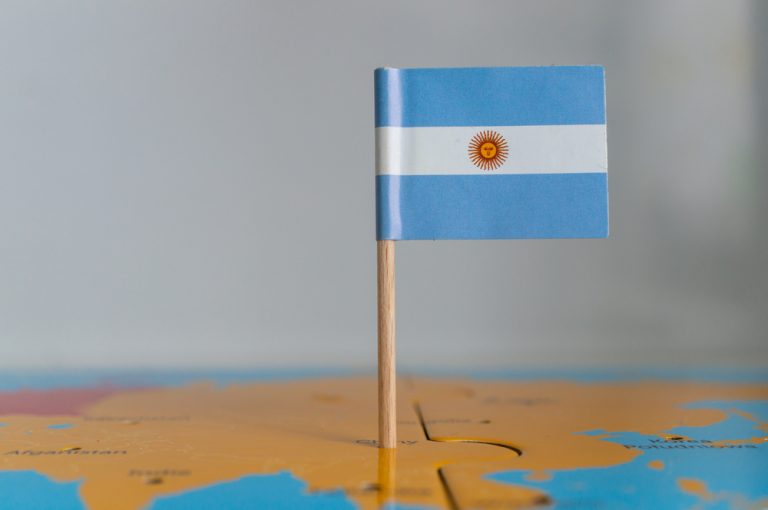New Target Aims to Rebuild Reserves and Reduce Inflation
Argentina is aiming to secure a $20 billion agreement with the International Monetary Fund (IMF), Economy Minister Luis Caputo said on Thursday, officially revealing the size of the much-anticipated program for the first time. The deal is intended to bolster Argentina’s foreign reserves, stabilize its currency, and reduce inflation.
The agreement, if finalized, would mark the country’s 23rd program with the IMF. Caputo said the goal is to reassure Argentinians that “the pesos that exist are backed by the central bank,” promoting a healthier currency with lower inflation and poverty.
“The amount we agreed upon with IMF staff – which ultimately the board will decide if it’s approved or not – is $20 billion,” Caputo said, offering clarity amid recent market concerns.
Currency Crisis and Depleting Reserves Fuel Urgency
Argentina, a major agricultural exporter, has been grappling with triple-digit inflation, rising debt, and dwindling reserves. Recent currency instability has forced the central bank to sell record volumes of dollars to defend the peso, whose value is constrained by strict capital controls and a crawling peg mechanism.
Net foreign currency reserves are currently at least $4 billion in the red. Caputo emphasized that the new IMF deal would improve reserve levels and lay the groundwork for gradually lifting capital controls that have long hindered investment.
President Javier Milei, elected in 2023, implemented a drastic devaluation and sweeping austerity measures to address Argentina’s chronic fiscal imbalances. The country is still repaying a $44 billion IMF loan from 2022, which replaced a failed 2018 deal.
IMF Board Vote Expected Soon
According to Caputo, around $8 billion of the new IMF funds would reinforce central bank reserves, while $12 billion would be used to service existing debt owed to the Fund. He criticized misleading local media reports that had suggested much smaller figures, further fueling investor anxiety.
The IMF board is expected to vote on the deal in the coming weeks. Argentina is also seeking additional funding from institutions such as the World Bank, the Inter-American Development Bank, and CAF – Development Bank of Latin America and the Caribbean.
Gross reserves are currently around $26.25 billion but have declined in recent months. With support from international lenders, Caputo said the government aims to nearly double its reserve levels.


